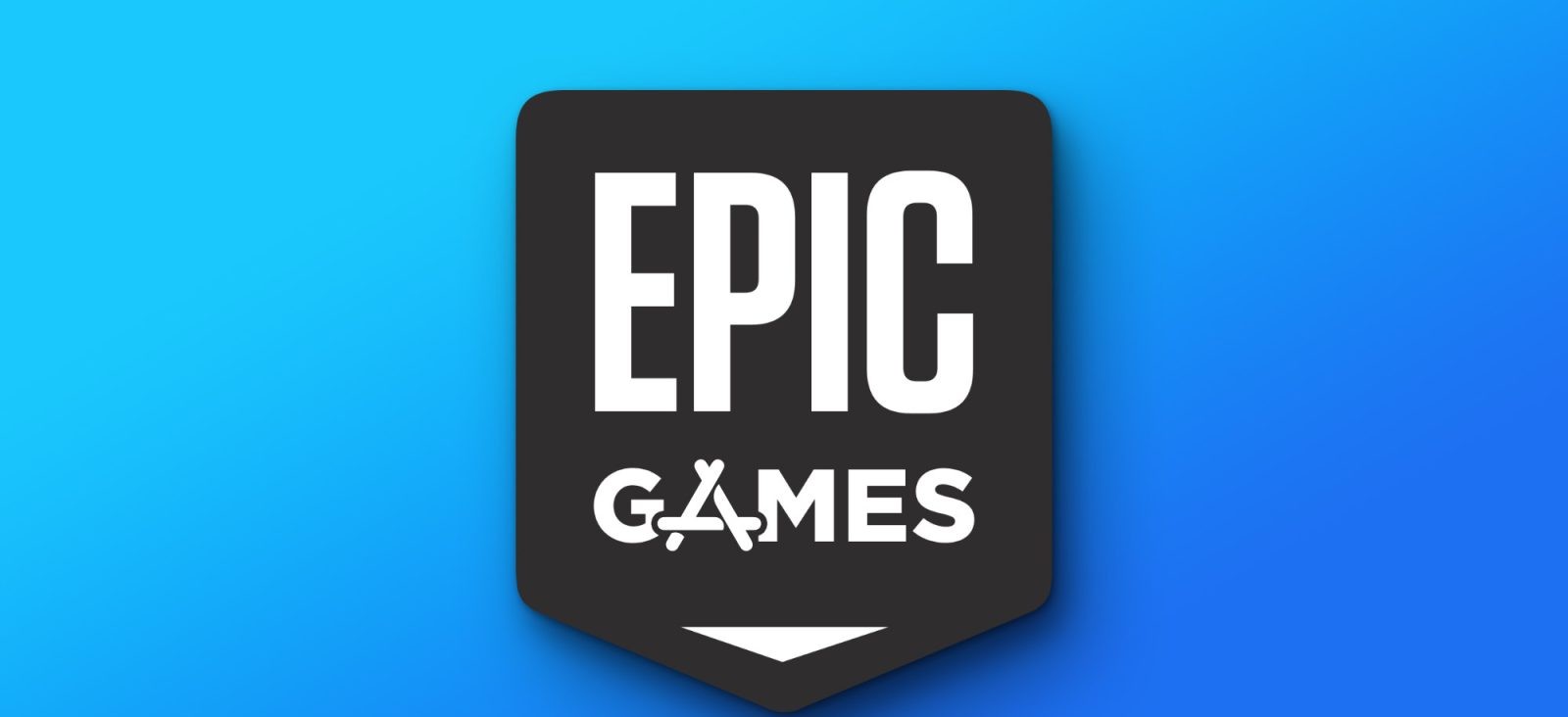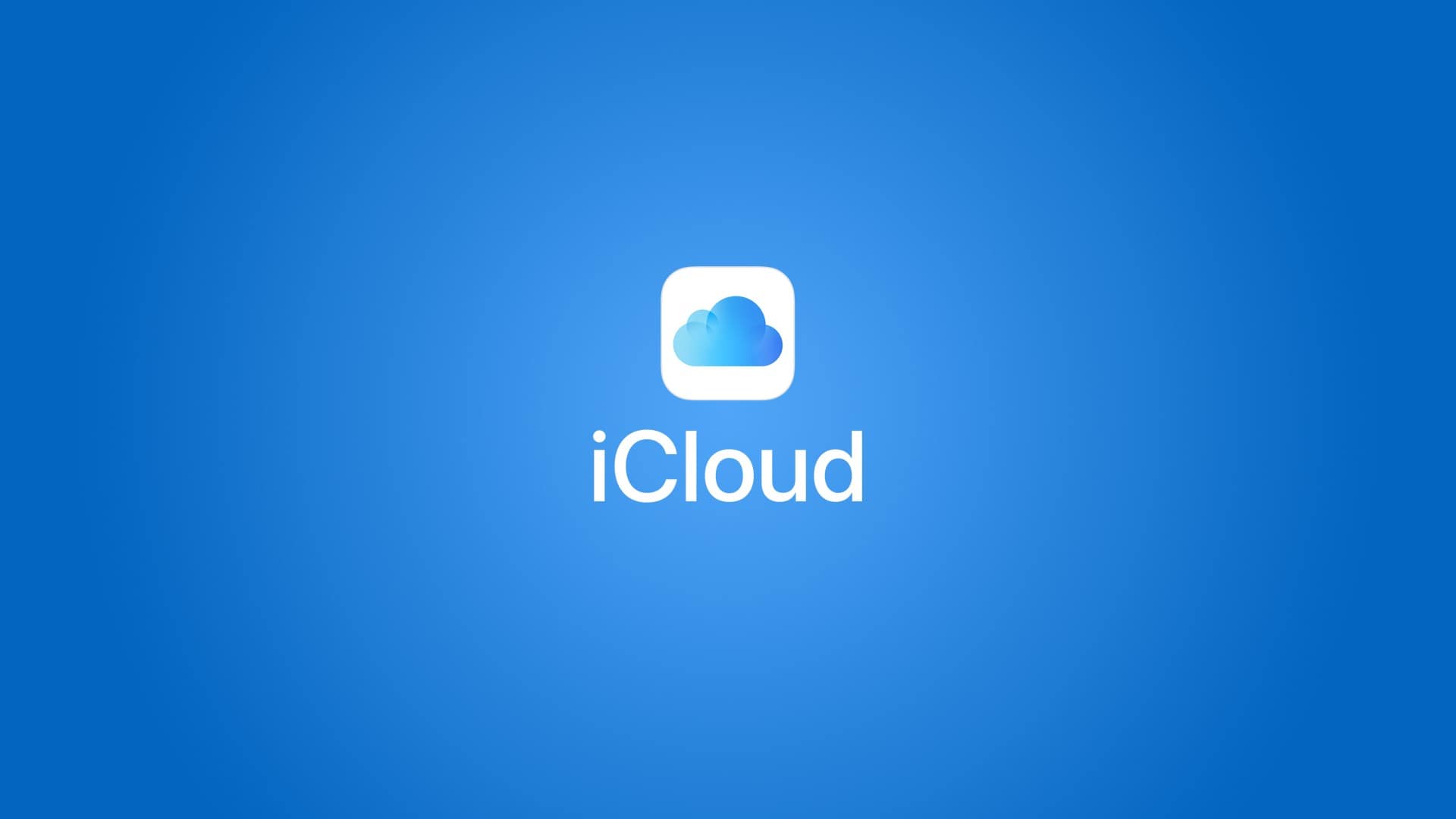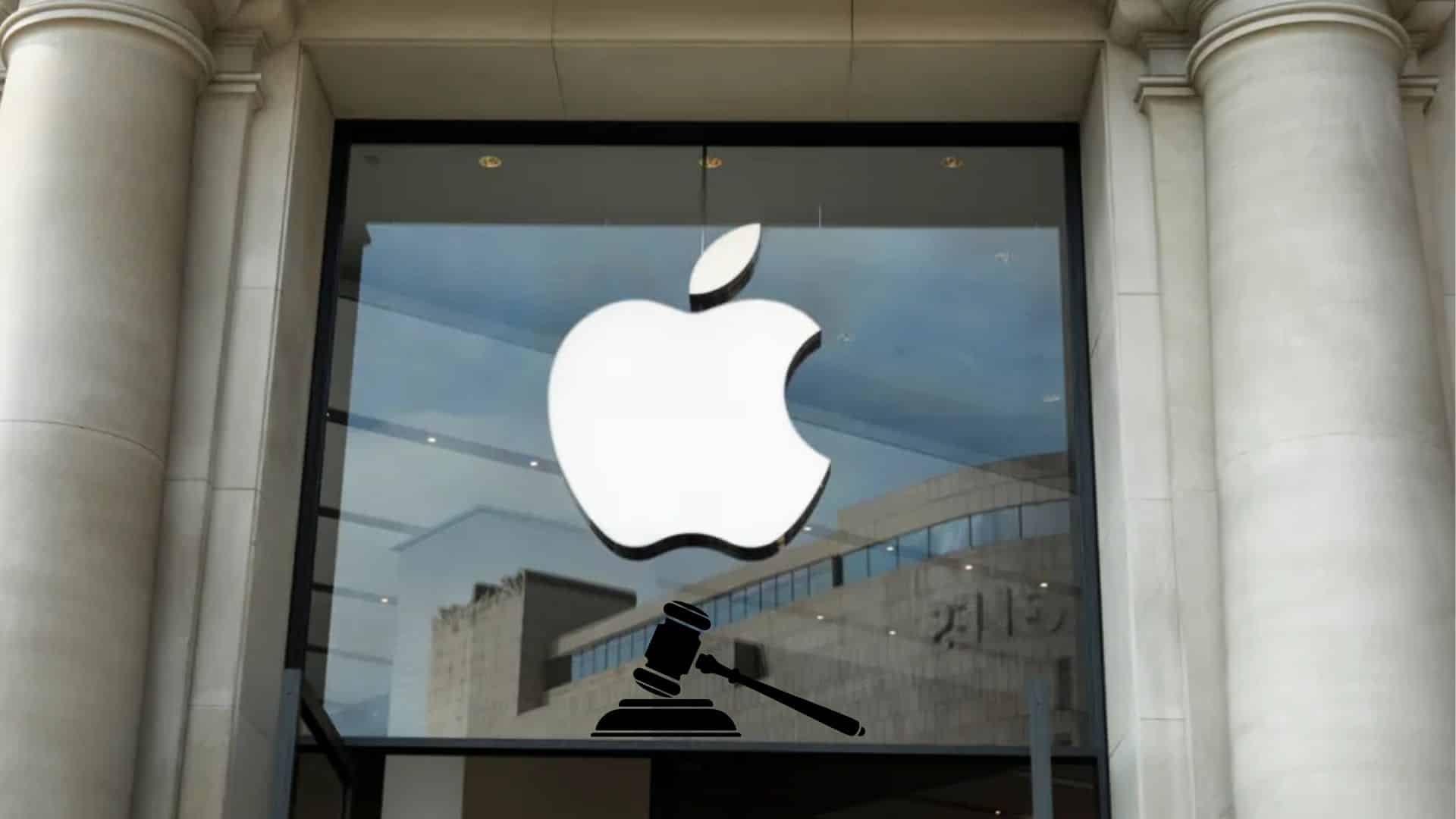Apple has recently intensified its legal battle against a court order that imposes significant changes to its App Store policies, particularly concerning commissions on external in-app purchases. This development marks a pivotal moment in the ongoing litigation between Apple and Epic Games, the creator of the popular game Fortnite.
Background of the Legal Dispute
The conflict between Apple and Epic Games began in August 2020 when Epic introduced a direct payment system within Fortnite, circumventing Apple’s standard 30% commission on in-app purchases. This move led Apple to remove Fortnite from the App Store, prompting Epic to file a lawsuit alleging antitrust violations. The case has since evolved into a broader debate over app store practices and developer rights.
Initial Court Rulings and Apple’s Response
In September 2021, U.S. District Judge Yvonne Gonzalez Rogers issued an injunction prohibiting Apple from preventing developers from directing users to alternative payment methods. Despite this, Apple implemented a 27% commission on purchases made through external links and introduced warning screens to discourage users from using these alternatives. These actions were perceived by the court as attempts to undermine the injunction’s intent.
Recent Court Findings and Sanctions
On April 30, 2025, Judge Gonzalez Rogers found Apple in civil contempt for violating the original injunction. The court’s ruling highlighted that Apple’s new policies continued to stifle competition and maintain its revenue stream from in-app purchases. The judge referred Apple and its Vice President of Finance, Alex Roman, to federal prosecutors for potential criminal contempt due to misleading court testimony. Additionally, the court barred Apple from impeding developer-user communications and from imposing fees on off-app purchases.
Apple’s Appeal and Arguments
In response to the court’s decision, Apple filed an appeal challenging the updated order. The company argues that the new injunction effectively rewrites the rules and punishes it for conduct that isn’t illegal under California’s Unfair Competition Law (UCL). Apple contends that civil contempt powers are meant to enforce existing orders, not to impose harsher penalties after the fact.
Apple’s appeal includes the following requests:
– Vacating the new injunction that bans all commissions on external purchases.
– Striking down the additional restrictions on steering, such as button design and display of external payment options.
– Reassigning the case to a different judge if it is sent back to the district court.
Implications for the App Store and Developers
The outcome of this legal battle holds significant implications for the app economy. If the court’s ruling stands, it could reshape the App Store’s revenue model, allowing developers to retain more earnings and reducing fees that have long flowed to Apple. This decision also paves the way for Fortnite’s return to the iOS App Store in the United States, after being removed in 2020 when Epic enabled alternative payment methods within the game.
Industry Reactions
Epic Games CEO Tim Sweeney celebrated the court’s decision as a victory for developers and consumers. He announced plans to return Fortnite to the App Store, emphasizing the importance of fair competition and developer rights. On the other hand, Apple expressed strong disagreement with the ruling, stating its intention to comply with the court’s order while pursuing an appeal.
Broader Context and Future Outlook
This case is part of a larger global scrutiny of app store practices. Regulatory bodies in various regions have been examining the dominance of major tech companies and their control over app distribution and payment systems. The European Union’s Digital Markets Act, for instance, aims to promote fair competition and could influence similar cases worldwide.
As the legal proceedings continue, the tech industry watches closely. The final outcome could set a precedent for how digital marketplaces operate and how much control platform owners can exert over developers and their applications. Developers and consumers alike await a resolution that balances innovation, fair competition, and user experience.



